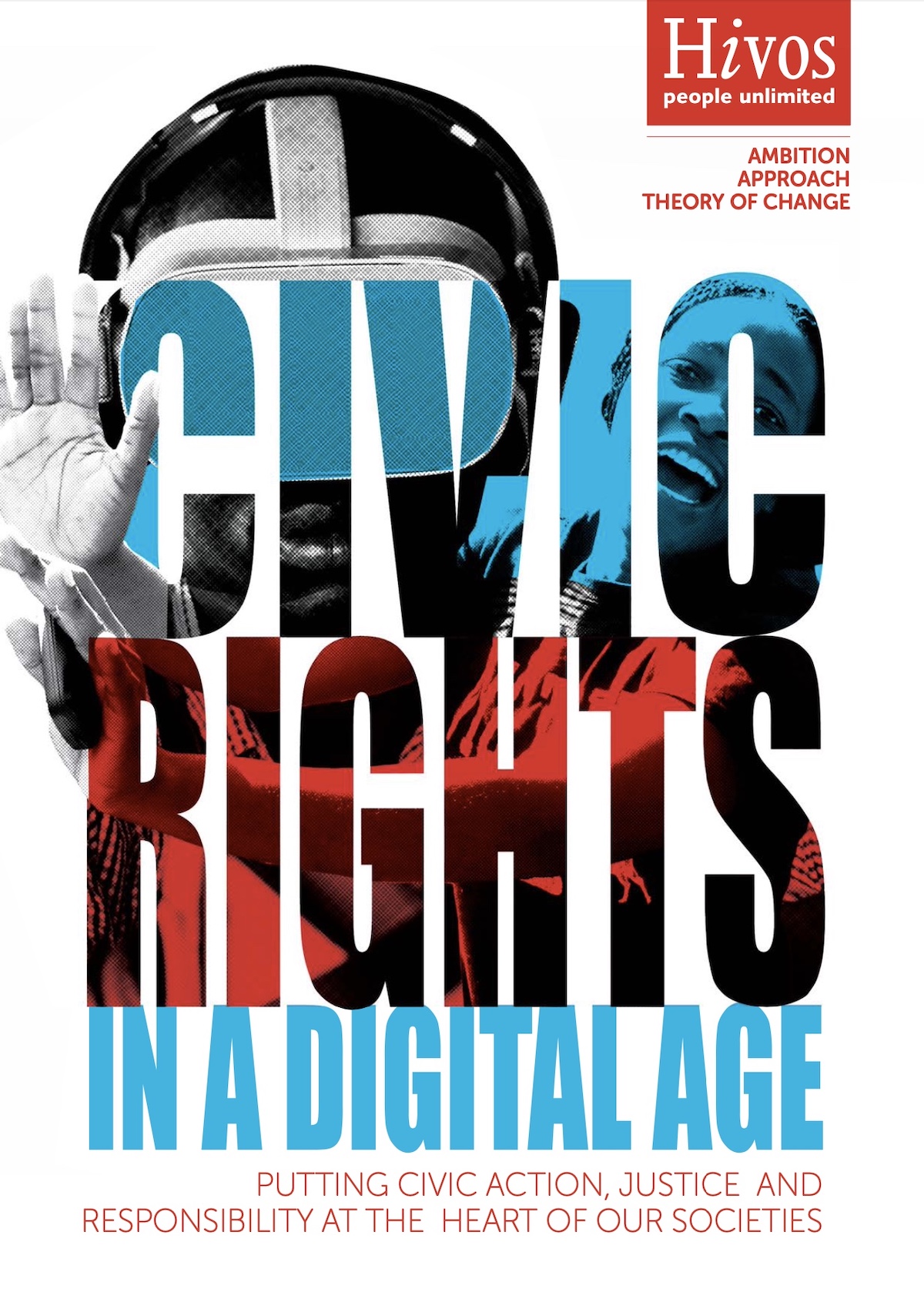By Sally Akinyi, regional communications manager at Hivos East Africa
The digital revolution has brought new economic opportunities and the ability to access and share information more freely to many. But before we put on our celebratory hats, it’s important to take a critical look at the impact of technologies on our civic rights in this digital age. For example, artificial intelligence, the (mis)use of algorithms, facial recognition, and other forms of biometric surveillance.
Our rights to data privacy are quickly fading in a world in which the long arm of governments and private actors can wield digital surveillance equipment. This presents a serious threat to our freedom of expression. The 2021 revelations about the use of Pegasus spyware are but one example of grave misuses of technologies to surveil and control journalists and human rights defenders.
Disturbing developments in Kenya
Here in my home country of Kenya, we are witnessing technological developments that give great cause for concern. Many citizens – myself included – have been receiving messages from telecom companies to urgently “update” their SIM card registration details. This is not new. Many African countries now have mandatory SIM card registration. However, what causes confusion and concern among customers is that they refer to facial recognition as an additional layer of registration in the directives of the Communication Authority of Kenya.
Here is the message I received:

Responsible use of technology is a must
Given the global controversy surrounding facial recognition and its potential for increased surveillance that could chill civic participation, communication about it should be much more transparent. As is, the message raises concerns that plans may be afoot to increase data collection for the purposes of surveillance.
Kenya is widely recognized as Africa’s Silicon Savannah and has made great strides in expanding digital technologies for societal good. But amidst growing concerns about the human rights impact of facial recognition and artificial intelligence, it is high time that Kenya matches its progress in digital innovation with an equal level of responsibility in the regulation, design and use of technology.
How open government can help
One way to achieve this is to apply the principles of open government. As the Open Government Partnership’s (OGP) has marked its 10th anniversary, it’s critical that Kenya reaffirms its commitment as an OGP member to promote inclusive digital technologies that safeguard citizens from intrusive data harnessing and surveillance. In its paper Innovations in Democratic Oversight of Surveillance from Open Government Partnership Members, the OGP reminds member states that limited surveillance is an important foundation for open and democratic societies.
Some practical ways to apply open government principles are:
- transparent and clear communication
- an inclusive process of seeking input from citizens and civil society on the purpose and extent of SIM card registration
- a full guarantee of data minimization (collecting and retaining only personal data that is strictly necessary)
- clear rules of accountability for state authorities and private operators implementing the re-registration process
It’s essential that the authorities clarify all aspects of the re-registration process, compel operators to provide adequate information, and rule out any collection of data or its use that could lead to increased surveillance.
Civic Rights in a Digital Age
Hivos sees vital opportunities to strengthen the people, initiatives and organizations who confront such challenges, and who imagine and push for alternatives. You can find out more about the wider digital threats we face and how we can tackle them in our white paper:








